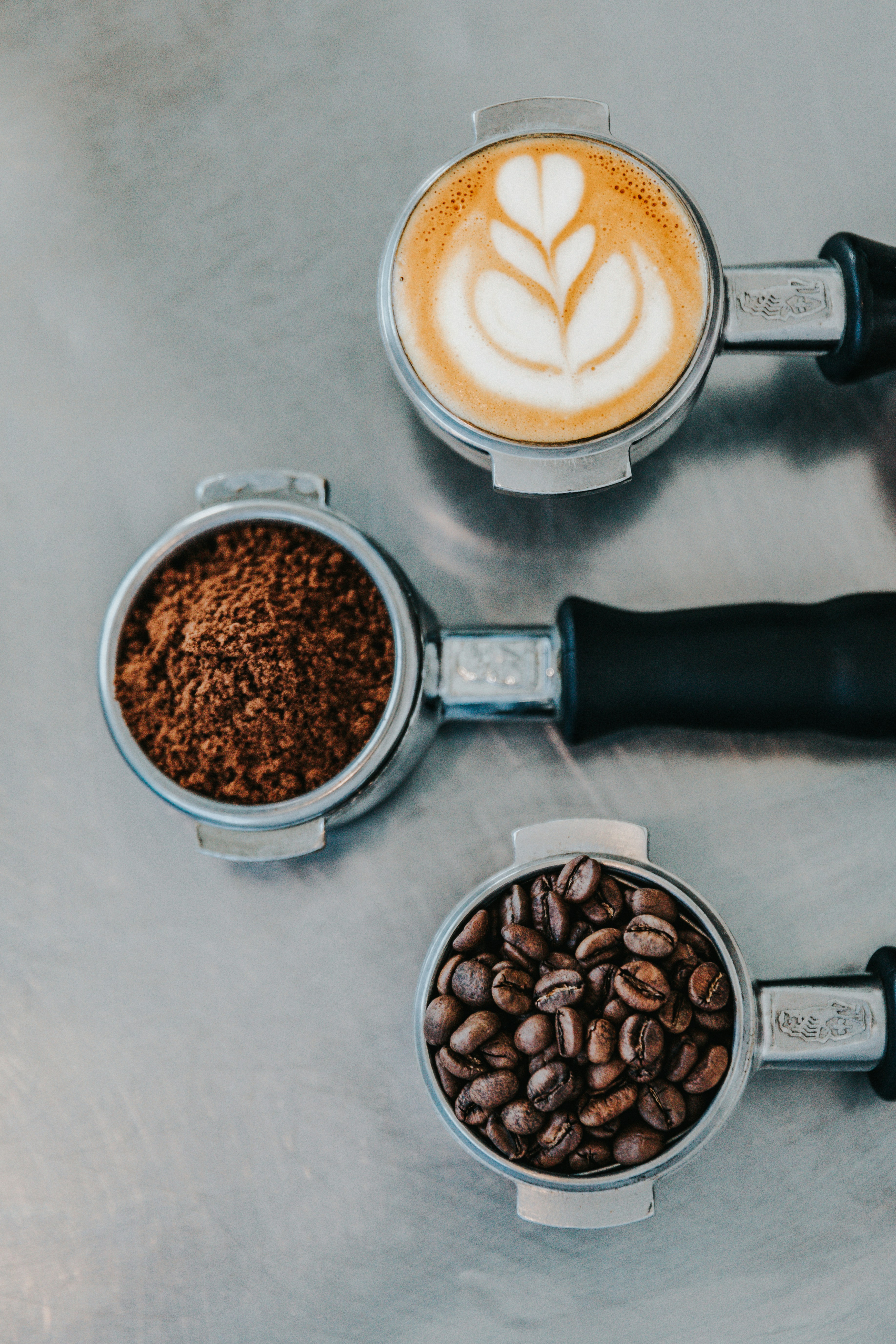Let’s Chat Metabolism
What is Metabolism?
Have you ever wondered what is happening inside your body when you are just sitting and relaxing or when you are eating? Your metabolism is the engine that keeps everything running - both taking in food and converting it into energy and using it to repair cells, tissues, and muscles.
The energy from food needed daily can be affected by a variety of factors including physical activity, recovery, sleep or lack there of, hunger and fullness cues and more! Let’s break down a few parts of what goes into daily needs.
BMR (Basal Metabolic Rate) accounts for the majority of calories needed - BUT is not the only! This is the amount of energy needed to perform basic life-sustaining functions including breathing, keeping your heart beating, regulating body temperature and supporting brain function. Think of it like your body’s “default” setting, working tirelessly even when you are just sitting and relaxing.
Physical activity - think going to a workout class, biking, running, lifting, etc. - accounts for another portion of your metabolism. Additionally, non-exercise activity thermogenesis (NEAT) - think house work, fidgeting, standing, etc. - accounts for a smaller portion. Interestingly enough, your body requires energy when eating too in order to digest, absorb and process the food that you eat. This is known as the thermic effect of food (TEF).
How to Nourish Your Metabolism
Our body is working hard day in and day out to support us. So, how can we support and nourish our metabolism to keep things running smoothly?
- Consume a Balanced Diet: Focus on eating enough calories from a wide variety of nutrient dense foods such as fruits, vegetables, whole grains, lean protein, heart healthy fats.
- Don’t Skip Meals: Skipping meals or drastically reducing your caloric intake can slow your metabolism over time. Your body can go into “survival” mode, conserving all the energy that is eaten towards our life-sustaining functions.
- Incorporate Carbohydrates: Carbohydrates often get a bad rep in the nutrition world, but they are actually a vital part of metabolism. Carbs are our body’s primary source of energy and crucial for proper brain function, muscle recovery and digestive health.
- Carbs provide our body with immediate energy when we are exercising, working, or walking around.
- When we eat enough carbs, our bodies won’t need to break down protein for energy, ensuring protein can be used to building and repair our muscles, tissues, and cells!
- Carbs contain fiber which are crucial for maintaining bowel regularity and overall digestive health.
- Find Movement You Enjoy: Stay active in a way that you enjoy to keep your metabolism firing, energy levels high, and mind clear.
Metabolism is not just about calories - it is about feeding your body with what it needs to thrive! If you’re feeling unsure about your nutrition or have questions about how to support your metabolism, please reach out!






